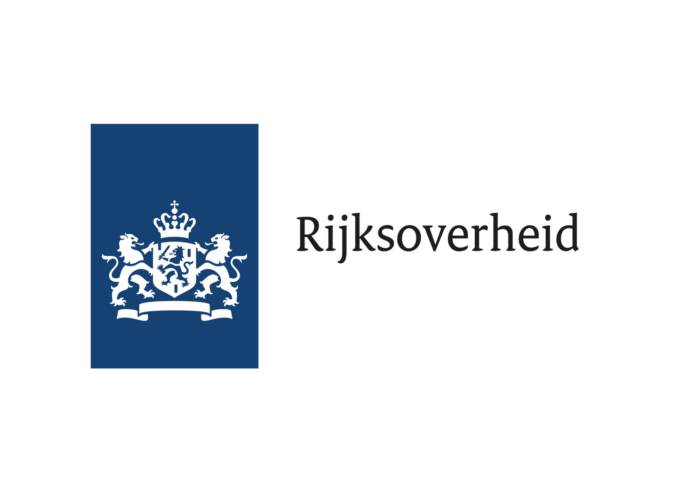Introduction
This report provides a detailed analysis of the current situation in Turkey, focusing on human rights, security conditions, and return processes. Prepared by the Dutch government, the document serves as a guide for assessing asylum applications from Turkish citizens and handling the return of those whose applications have been rejected. It evaluates how political repression, social tensions, and the treatment of minority groups impact asylum seekers.
Political Situation
Turkey’s political landscape is shaped by the authoritarian policies of the ruling AKP government under the leadership of Recep Tayyip Erdoğan. Although elections are held, pressure on opposition parties, media censorship, and allegations of electoral irregularities undermine the fairness of the democratic process. Press freedom has significantly declined; independent journalists have been arrested, and many news websites have been blocked. The government suppresses criticism by labeling it as “terrorist propaganda.” Opposition parties, particularly the CHP and HDP, face intense repression.
Security Situation
Turkey faces security threats from groups such as the PKK and ISIS. Security operations continue in southeastern regions with a high Kurdish population, during which civilian casualties and human rights violations are reported. Following the 2016 coup attempt, security policies became more stringent, with security forces granted extensive powers under the state of emergency, leading to arbitrary practices against civilians. Although the risk of bomb attacks in cities has decreased, the overall sense of security remains fragile.
Human Rights
The human rights situation in Turkey is alarming. Freedom of expression is severely restricted; even individuals criticizing the government on social media are prosecuted for “insulting the president.” The right to assembly and protest is effectively banned, with demonstrations being violently suppressed by the police. Judicial independence has suffered greatly since the coup attempt, with judges and prosecutors appointed by the government making biased rulings in political cases. Reports of torture and ill-treatment in detention centers have increased.
The Gülen Movement and Repression
The Turkish government classifies the Gülen movement as the “Fethullahist Terrorist Organization” (FETÖ) and holds it responsible for the failed coup attempt on July 15, 2016. As a result, tens of thousands of people have been detained, dismissed from public service, or imprisoned. Schools, universities, and media organizations affiliated with the movement have been shut down, and their assets have been confiscated. This crackdown is systematically pursued with the aim of completely eliminating the movement.
Charges and Evidence
Charges against the Gülen movement are often based on indirect associations rather than concrete evidence. Acts such as using the ByLock application, holding an account at Bank Asya, working at Gülen-affiliated schools, or subscribing to Zaman newspaper are considered criminal evidence. The report notes that these accusations are made without proper legal scrutiny and violate the presumption of innocence. International observers frequently criticize these arbitrary prosecutions.
Judicial Processes and Conditions
After the coup attempt, Turkey’s judiciary came under government control. Thousands of judges and prosecutors were dismissed during the state of emergency, and their positions were filled by government loyalists. In trials related to the Gülen movement, defendants face prolonged detention, reports of torture and ill-treatment, and severe restrictions on legal representation. Overcrowded prisons, inadequate healthcare services, and limited family visits violate the fundamental rights of detainees. Political pressure on the judiciary severely undermines the right to a fair trial.
Human Rights Violations and International Reactions
International human rights organizations have documented cases of torture, arbitrary arrests, and judicial abuses against Gülen movement members and other opposition groups in Turkey. Convictions based on anonymous witness statements have increased, restricting the rights of the defense. As a result, numerous cases have been brought before the European Court of Human Rights (ECHR).
Risk of Return and Extradition
Individuals returning to or being extradited to Turkey, particularly those suspected of links to the Gülen movement, face significant risks. Strict monitoring takes place at border crossings and airports, where suspects are interrogated, detained, or arrested. The report highlights that returned asylum seekers are highly likely to experience torture, ill-treatment, and unfair judicial processes. This is a crucial factor influencing European countries’ extradition policies.
Social Perception and Discrimination
Individuals associated with the Gülen movement are stigmatized by society, face difficulties finding employment, and are socially ostracized. Their families are also affected, making it nearly impossible for them to lead a normal life in Turkey. Government-led propaganda campaigns reinforce this negative perception.
Kurds and Repression
The Kurdish population, particularly in the southeast, suffers from security operations and systemic discrimination. Under the pretext of fighting the PKK, villages have been evacuated, civilians have been harmed, and pressure on the HDP has intensified. Party leaders and members of parliament are frequently arrested, and merely expressing Kurdish identity is treated as “terrorist propaganda” and punished accordingly.
Alevis and Religious Freedom
Alevis face significant obstacles in practicing their faith. Cemevis (Alevi places of worship) are not officially recognized, and compulsory religious education excludes Alevi beliefs. Discrimination and hate speech against Alevis persist, further fueling their demands for equal rights.
LGBTI+ Rights
LGBTI+ individuals in Turkey face systematic discrimination. Pride marches are banned, and police violence against LGBTI+ individuals is widespread. Hate crimes are increasing, yet perpetrators often go unpunished. LGBTI+ rights activists and advocates are also targeted by authorities.
Women’s Rights
Violence against women remains a serious issue, with hundreds of femicides occurring every year. Turkey’s withdrawal from the Istanbul Convention has been heavily criticized by women’s rights activists. Legal protections for women are weak, and gender inequality continues to persist.
Conclusion
Serious problems persist in Turkey regarding human rights, security, and social equality. Individuals affiliated with the Gülen movement, Kurds, Alevis, LGBTI+ individuals, and women face high levels of risk. Returning to Turkey poses a significant threat of torture and repression for these groups, and extradition decisions should be carefully considered.





